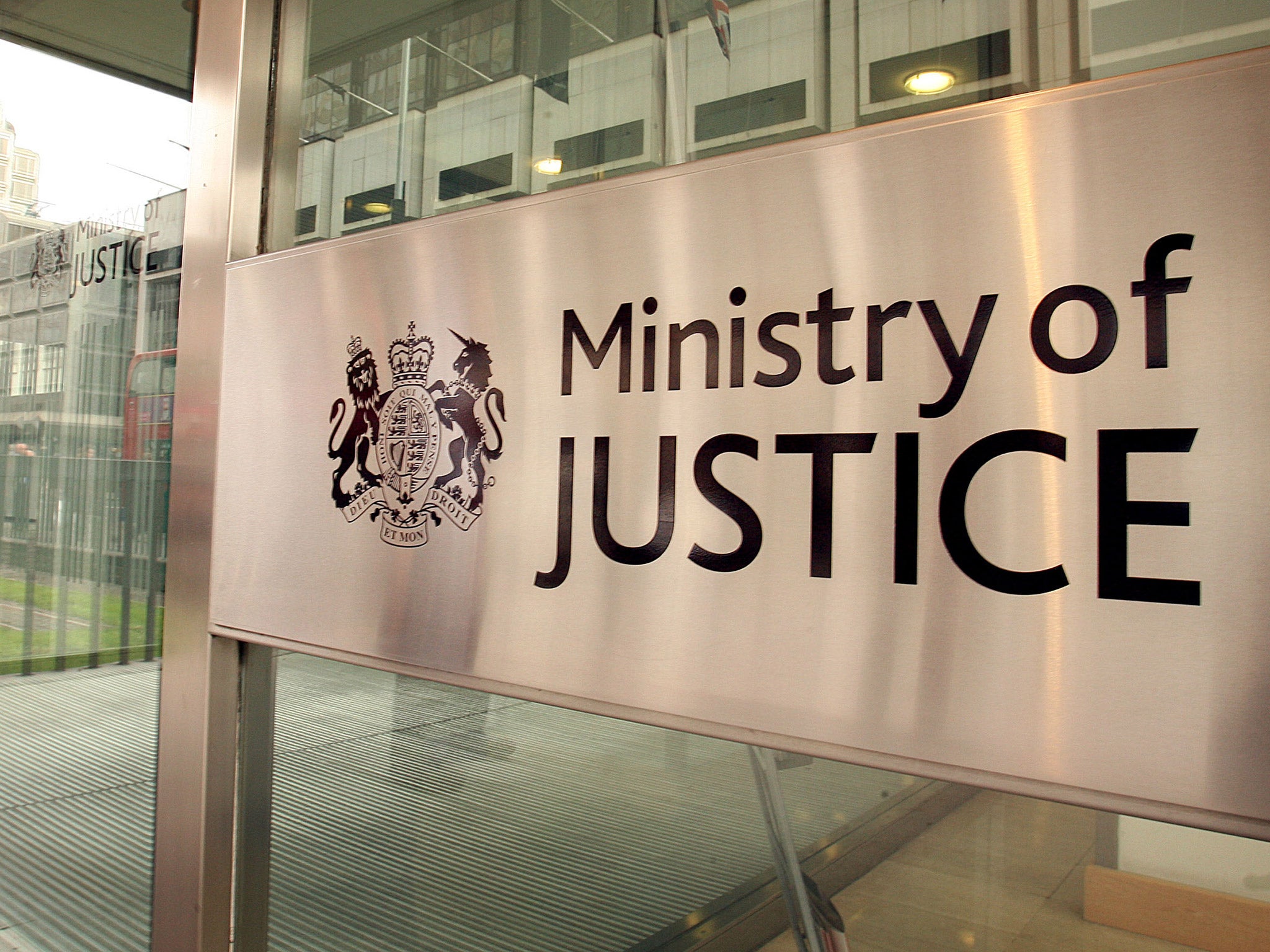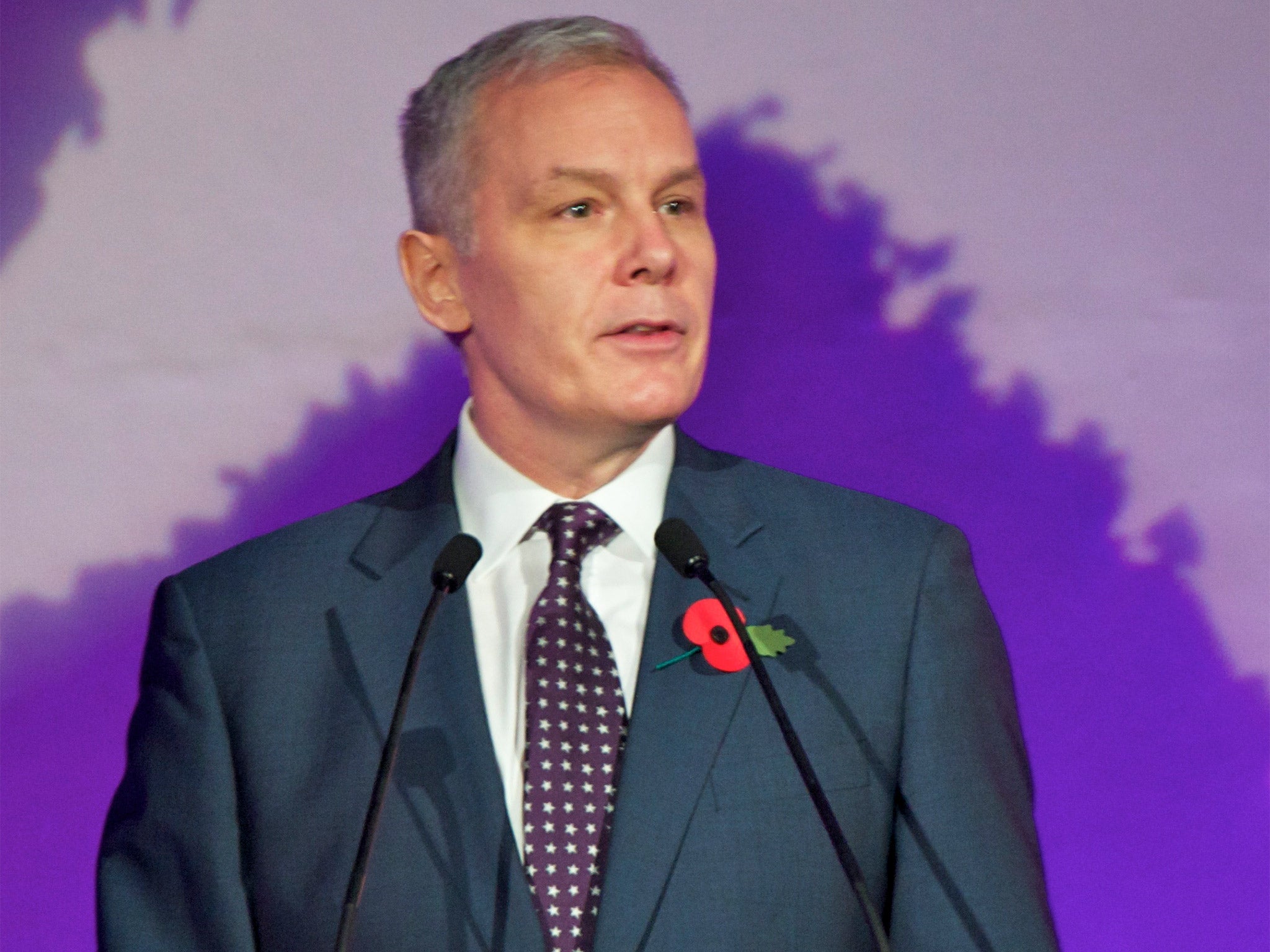Criminal courts charge denied compensation to rape victim, MPs told
Judge 'deeply distressed' after having to waive payout because defendant had nothing left after being hit with £900 bill

A rape victim did not get compensation from her attacker because of the Government’s controversial new court charge, MPs have been told.
A Crown Court judge in south London is said to be “deeply distressed” at having to waive compensation for a sexual assault victim because he believed that a mandatory £900 criminal court charge was already beyond the defendant’s means.
The case came to light in a Justice Select Committee hearing over the criminal courts charge – dubbed a “tax on justice”.
Ben Summerskill, director of the Criminal Justice Alliance, told MPs he had “seen evidence to suggest [the charge] is impacting on sentencing behaviour”. He added: “I spoke to a Crown Court judge last night who sits in south London and was deeply distressed because he had just awarded a £900 court charge and consequently felt entirely unable to award a compensation order to a victim of sexual assault because he simply felt there was no realistic prospect of that amount being recovered. That is a crystallised example of an unintended consequence of [the charge].”
The compulsory levy is fixed at £150 if someone pleads guilty to a criminal offence, whereas it can rise to £1,200 if they deny wrongdoing only to be found guilty.

Experts warned again that it encouraged innocent defendants to plead guilty because they were worried about the cost. The Independent has previously revealed cases of poor people being hit with bills for hundreds of pounds for minor offences, such as shoplifting a chocolate bar while homeless, under the charge labelled “unjust” by the Howard League for Penal Reform.
Speaking about the impact of the charge on pleas, Richard Monkhouse, chairman of the Magistrates’ Association, told the committee: “We have anecdotal evidence that some magistrates have refused to accept an equivocal plea – in other words, a plea that is ‘I’m not guilty but I’m pleading guilty’. The frequency of that seems to be increasing.”
Discussing the more than 50 magistrates who have now resigned over the charge, Mr Monkhouse said: “As chairman I get a lot of emails and letters from magistrates who have specifically quoted this, maybe not as the only reason but as the final straw. There are some who have said ‘No this is it, I cannot bring myself to do this’.”
Malcolm Richardson, deputy chairman of the Magistrates’ Association, told the cross-bench committee that his organisation had not taken a position on the principle of the charge. But he added: “We certainly wouldn’t stand in the way of anyone who wanted to abolish it.”
Mr Richardson said in many cases it was unrealistic to expect to collect a fine from defendants at all, explaining: “We’re talking about people here who have chaotic lives and are lucky to get from one benefit payment to the next without going to a loan shark.”
We have anecdotal evidence that some magistrates have refused to accept an equivocal plea – in other words, a plea that is ‘I’m not guilty but I’m pleading guilty’
Pointing out the triviality of cases that are subject to a minimum £150 courts charge, Mr Richardson said: “A colleague told me of a single court dealing with fare evasion for London Transport, dealing with one case a minute, which I worked out means she was imposing £9,000 in criminal courts charge and £7,500 in contributions to Crown Prosecution costs in an hour. These were about £1.50 evasions. That’s the sort of case you think, ‘Why has it come to a courtroom?’”
The charge was introduced by Chris Grayling and is levied on court cases for all crimes committed since April. More than 50 magistrates have resigned over it and The Independent revealed earlier this month that Michael Gove, Mr Grayling’s successor as Justice Secretary, is considering reforming the policy.
Giving evidence about the disproportionate nature of the charge, Frances Crook, chief executive of the Howard League for Penal Reform, said: “We’ve got a medieval system. A 19-year-old having a court charge on him for begging when he didn’t know begging was illegal is medieval. It’s not even Victorian.”
£180
The amount an asylum seeker was ordered to pay last month. A magistrate resigned after being suspended for offering to help pay
Ms Crook said many of those subject to the charge were pushed to crime through poverty. “A lot of people don’t choose to commit crime. A lot of people have been begging because they’re hungry; it’s not a life choice.”
Last month a magistrate who had served on the bench in Leicestershire for 16 years resigned after offering to pay towards the levy when a penniless asylum-seeker was ordered to pay £180. Nigel Allcoat was suspended and an investigation was launched after he attempted to pay part of the convict’s costs.
A Ministry of Justice spokesman said: “There is clear guidance in place to ensure sentences are not affected by the criminal courts charge. The charge should not impact on the amount of financial penalties ordered.” However, when the Magistrates’ Association’s deputy was asked at the select committee hearing whether the charge had any impact on sentencing, Mr Richardson replied there was anecdotal evidence of this.
Compensation for victims: How it works
When an offender is convicted of a crime against a person, the court may order them to pay compensation to the victim. This can cover anything from personal injury to theft, medical expenses or pain and suffering. The maximum amount of compensation that can be awarded by magistrates is £5,000.
Victims need to have told the police about any loss or damage suffered, and this information is then referred to the Crown Prosecution Service, which make the request in court.
Any compensation is limited to what the offender can afford and depends on the sentence the court has already passed.
The compensation may not cover the full cost of damage or loss, and often the offender will be able to pay it in instalments, which are passed from the court to the victim. Separately to this, any victims of violent crime can apply to the Government’s Criminal Injuries Compensation Scheme. In this case, the money comes from the state and the compensation is proportionate to the crime rather than the perpetrator’s means. This can be paid out even if the offender has not been caught
Bookmark popover
Removed from bookmarks